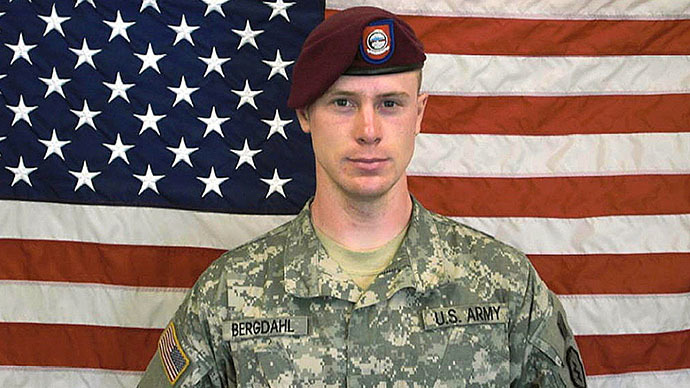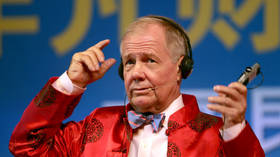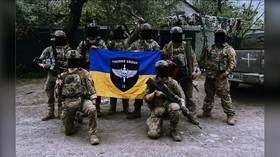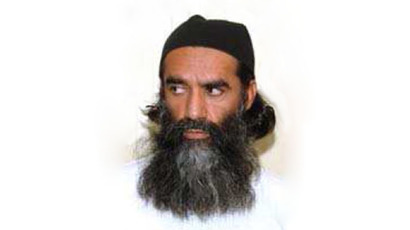Bergdahl prisoner swap didn't produce peace talks with Taliban despite US hopes

The United States may have hoped that swapping five Guantanamo Bay prison detainees for Sgt. Bowe Bergdahl would have sparked talks between the Taliban and Afghan government, but so far the deal has yet to result in movement towards reconciliation.
According to a report by the Associated Press, American officials, along with their Afghan counterparts, believe the prisoner exchange is evidence that both sides can cooperate to reach some sort of peace deal. By successfully completing the deal, some officials think moderate forces within the Taliban will gain the leverage needed to initiate negotiations.
Yet any concrete movement toward such a scenario could take months, if it happens at all. With the Afghan presidential campaign underway, peace talks would likely not take place until after July, when it is clear who the country’s next president will be. Even then, the process could be dragged out by the fact that any incoming leader would need time to organize his administration.
If reconciliation does become a possibility, former US ambassador to Afghanistan Ronald Nuemann believes the Bergdahl swap won’t have much impact on the direction of negotiations, especially since there’s been no recent signs of optimism.
"No talks are imminent," he told the AP. "I don't see anything happening anytime soon and by the time you get there, the Bergdahl swap will be ancient history."
That’s a more pessimistic take on the situation than what was offered by some American officials. When the US-Taliban exchange was first announced, Defense Secretary Chuck Hagel suggested a “new opening” for negotiations was available, and President Obama said the US would continue to back the Afghans when it came to reconciliation.
One former Afghan official, who was unnamed, also said the Bergdahl swap could embolden moderate Taliban leaders who want to kickstart talks with the current government but are holding back due to opposition among the rank-and-file. With a successful deal with the US in the books, the official said these leader may be able to more effectively sell reconciliation to those who first thought talks would constitute a betrayal to their cause.

Additionally, the former official told the AP that since US troops are gradually leaving the country, the Taliban is increasingly fighting and killing other Afghans, a situation that’s driving its popularity among residents into more negative territory. As the US prepares to remove the vast majority of its troops, the prospect of an extended conflict with native Afghans could push the Taliban to the table.
Still, hard-line Taliban members also feel vindicated by the prisoner swap, since they believe it helped legitimize their movement. As RT reported previously, the deal was met with criticism from many Republican politicians in the US, some of whom claimed it set “a dangerous precedent” of negotiating with terrorists. Already, Taliban spokesman Zabiullah Mujahid has said reconciliation with Karzai or his successor is not in the cards.
Meanwhile, attempts to assassinate both of Karzai’s potential successors continued in the days following the Bergdahl deal. Candidate Abdullah Abdullah managed to survive an attack on his convoy by two suicide bombers, while candidate Ashraf Ghani Ahmadzai said insurgents have tried to kill him on five separate occasions during the campaign.
What role the US plays in any peace talks also remains to be seen. Despite Obama’s statement supporting reconciliation, Kate Clark of the Afghan Analysis Network believes the US has largely removed itself from the ultimate outcome in Afghanistan.
"In reality, though, the U.S. is on its way out and the swap looks like a clearing up of unfinished business before its troops leave at the end of 2014,” she said to the AP. "Whether the release of the five men might now aid reconciliation is unknown. They may be useful for negotiations or many years in detention may have hardened them to thoughts of compromise."














